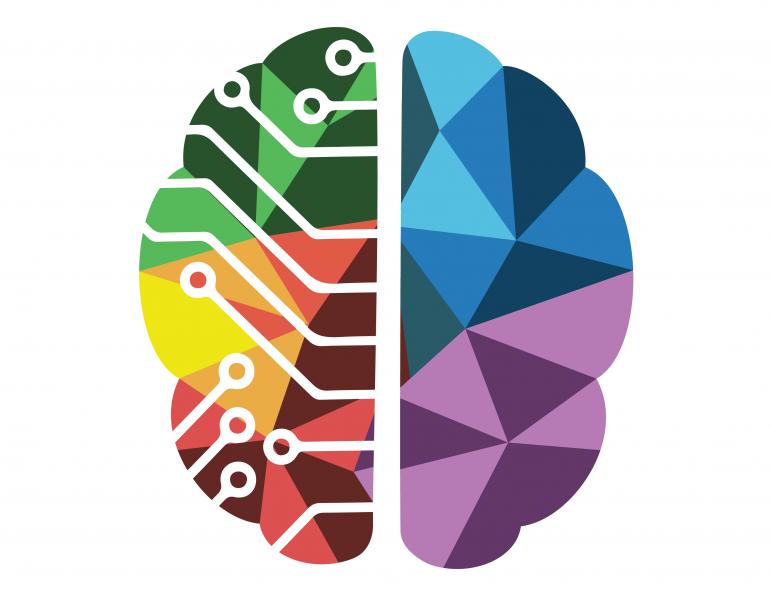BRAIN Initiative
The BRAIN Initiative (Brain Research through Advancing Innovative Neurotechnologies) is a research effort organized by the U.S. National Institutes of Health (NIH) to revolutionize our understanding of the human mind and uncover new ways to treat, prevent, and cure brain disorders like Alzheimer’s, schizophrenia, autism, epilepsy, and traumatic brain injury.
Announcements
Neuroethics Working Group
In 2015, the NIH established the Neuroethics Working Group to provide the BRAIN Initiative with recommendations relating to neuroethics. Members of the working group convene to:
- Identify ethical challenges in the development and/or application of BRAIN Initiative-funded tools and technologies
- Anticipate ethical challenges in proposed areas of BRAIN Initiative funding.
- Provide input on ways the BRAIN Initiative could navigate these neuroethics challenges.
- Provide ethics consultation to researchers funded by the BRAIN Initiative, when appropriate.
- Identify neuroethics research questions important to the BRAIN Initiative that could be addressed through focused funding opportunity announcements.
- Publish guidance on key ethical challenges associated with BRAIN Initiative-funded research.
As of August 2019, the working group is comprised of the following individuals, including several who also serve on the Multi-Council Working Group* of the BRAIN Initiative:
- Christine Grady, NIH Department of Bioethics (Co-chair)
- Hank Greely, Stanford Law School* (Co-chair)
- Winston Chiong, University of California, San Francisco
- James Eberwine, University of Pennsylvania*
- Nita Farahany, Duke School of Law
- L. Syd M Johnson, Michigan Technological University
- Steve Hyman, Broad Institute
- Karen Rommelfanger, Emory University
- Elba Serrano, New Mexico State University*
- Khara Ramos, NINDS (Executive secretary; NIH liaison)
Related Information
Private Sector Partners
|

